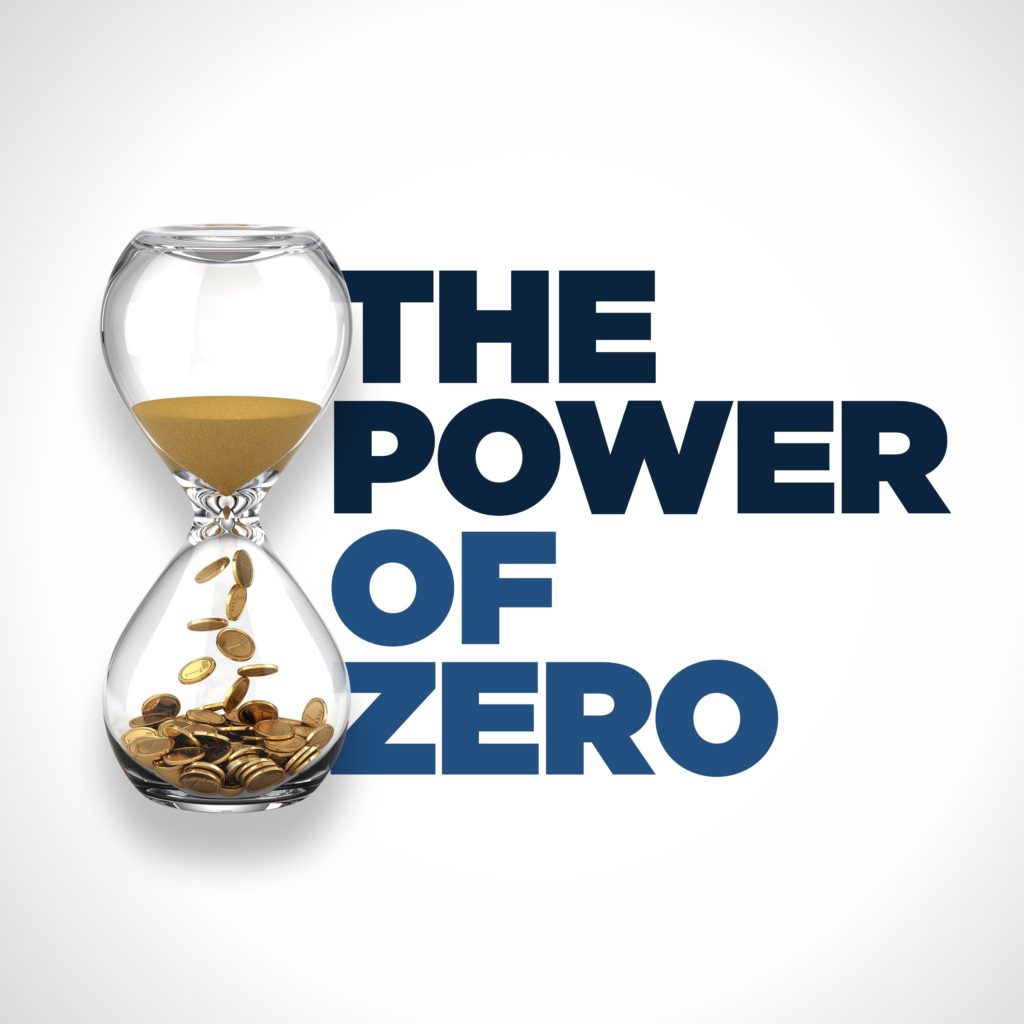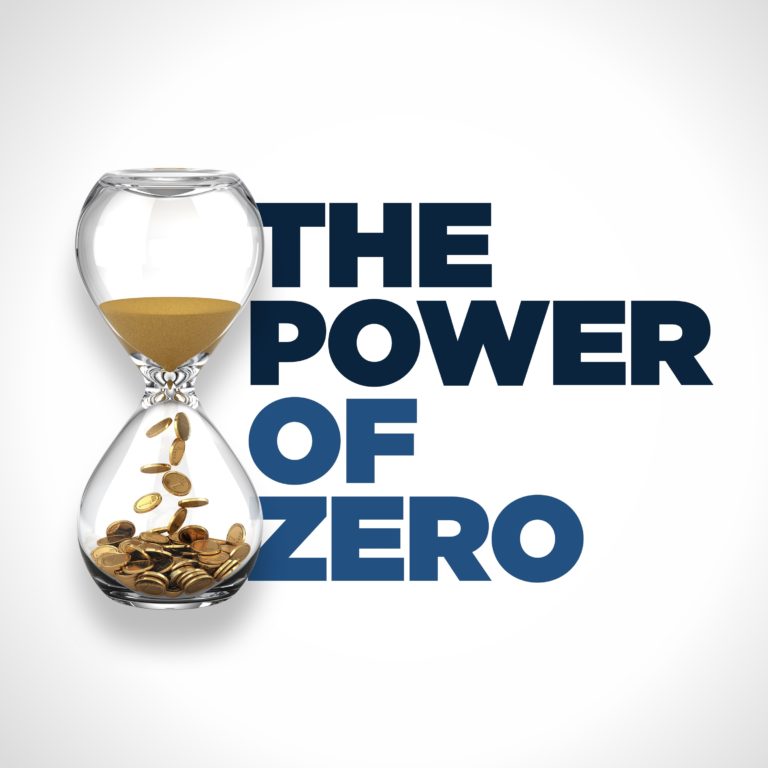The Securing a Strong Retirement Act is a bipartisan bill currently working its way through the house and has major implications for everyone in the country.
We are finally getting some relief from RMD’s. With life expectancy increasing they are looking at pushing out Required Minimum Distributions until the age of 75. This primarily benefits people of substantial means since the average person with money in their retirement accounts are withdrawing it above and beyond the minimum and well before age 75.
Another interesting provision has to do with student loan debt. The new bill stipulates that people putting money towards paying down their student debt could have an equal amount of money put into their 401(k).
It also says that if you have balances in your 401(k) or IRA you would be completely exempted from taking a Required Minimum Distribution. Seniors will also be able to count certain donations towards their RMD.
Under the current law, there is a catch-up provision on the books. They are proposing that if you’re over the age of 60 you will be able to catch up even more. If you believe tax rates are going to be dramatically higher in the future than they are today this is an opportunity to put additional funds into a Roth IRA. There are massive expansions of the buckets into which we can contribute after-tax dollars and allow them to grow tax-free.
The average person changes industries seven times over the course of their lifetime and another provision would help people get reconnected with 401(k) accounts that were forgotten or left behind.
The biggest takeaway from this new bill is that you will be able to make more contributions to Roth 401(k)s and Roth IRA’s. The goal is not to get a deduction at historically low taxes, we want to pay the taxes at historically low levels so that when taxes are dramatically higher down the road we can take that money out tax-free.
If you’re just out of college, this bill will be an opportunity for you to get a jump start on your retirement savings while you’re paying down your student loan debt at the same time.



